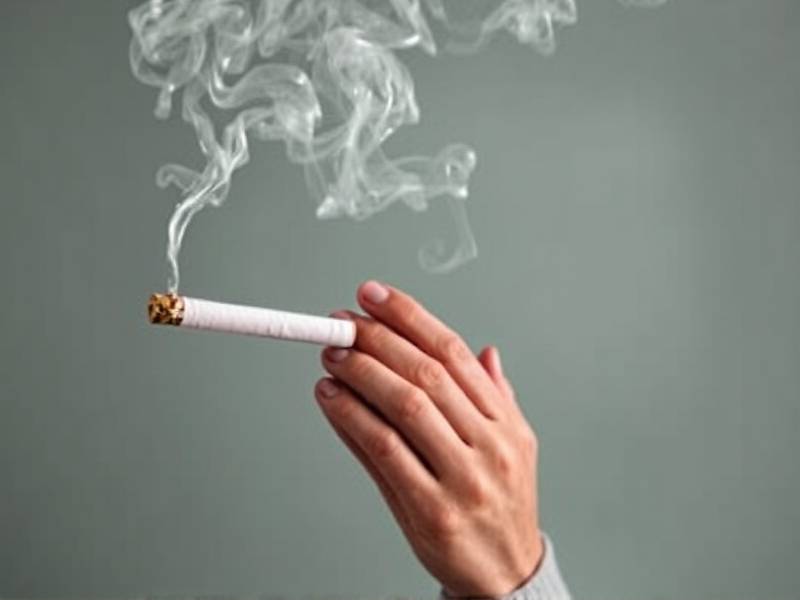The toughest Day After You Quit Smoking: How to Cope?
The Toughest Day After You Quit Smoking: How to Cope?
Understanding the Withdrawal Process
Quitting smoking is a significant milestone, but it's not without its challenges. The toughest day after you quit smoking often comes when the withdrawal symptoms peak. This article delves into what you can expect and how to cope effectively.

What to Expect on the Toughest Day
1. Intense Cravings Cravings are a common symptom of withdrawal. They can be intense and relentless, especially during the first few days after quitting. It's important to remember that these cravings are temporary and will diminish over time.
2. Irritability and Anxiety Withdrawal can also lead to increased irritability and anxiety. You might feel on edge or find yourself reacting more strongly to everyday stressors.
3. Fatigue and Sleep Disruption Smokers often use nicotine as a stimulant, so quitting can lead to fatigue and disrupted sleep patterns. It's crucial to get enough rest during this period.
Strategies for Coping
1. Stay Hydrated Drinking plenty of water can help alleviate some withdrawal symptoms, including headaches and irritability.
2. Manage Your Environment Avoid triggers that remind you of smoking, such as certain places or situations where you used to smoke.
3. Engage in Physical Activity Exercise can boost your mood and reduce stress levels. Even a short walk can make a difference.
4. Find Alternative Coping Mechanisms Identify healthier ways to cope with stress, such as deep breathing exercises, meditation, or journaling.
Seek Support
1. Lean on Friends and Family Having a support system is crucial during this challenging time. Share your struggles with loved ones who want to help you through it.
2. Join Support Groups Support groups offer camaraderie with others who are going through similar experiences. They can provide valuable advice and encouragement.

Professional Help
If you're struggling significantly, consider seeking professional help:
- Therapy: A therapist can provide personalized strategies for managing withdrawal symptoms.
- Prescription Medications: In some cases, prescription medications may be recommended by a healthcare professional.
Long-Term Benefits
Remember that the toughest day after quitting smoking is just one part of your journey towards a smoke-free life. The long-term benefits of quitting include improved health, increased energy levels, and better quality of life.
Final Thoughts
Quitting smoking is hard, but it's worth it for your health and well-being. By understanding what to expect and having strategies in place for coping with the toughest day after quitting smoking, you'll be better equipped to succeed in your journey towards a smoke-free future.
Stay strong; each day without a cigarette brings you closer to achieving your goal of becoming tobacco-free!
